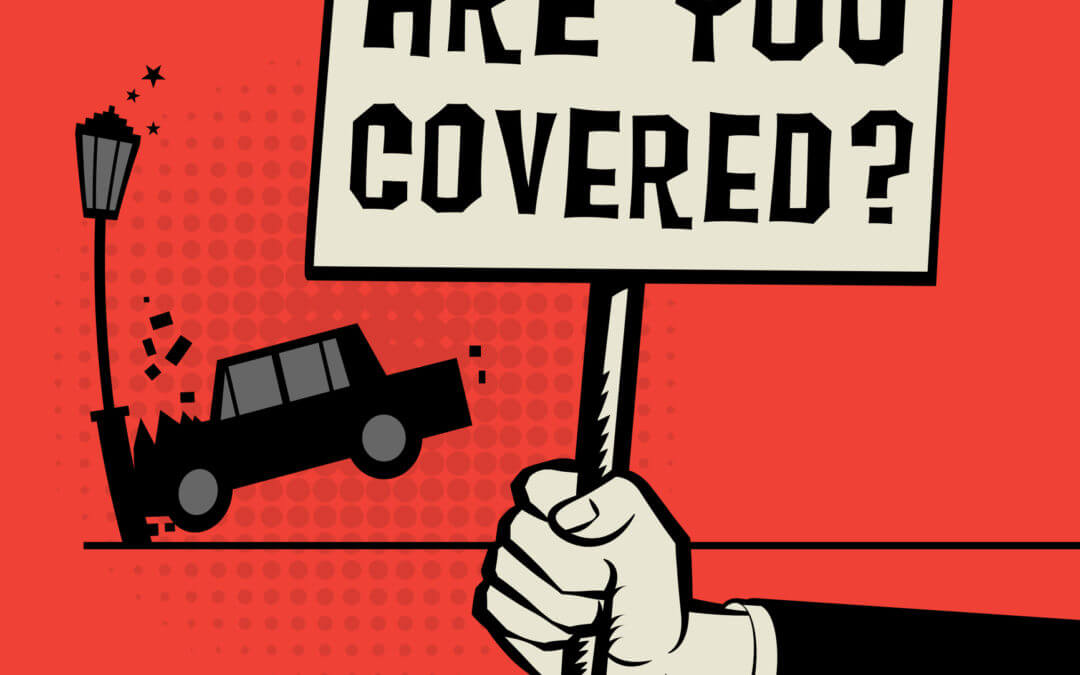The required car insurance depends on the state in which you live and register your vehicle. Most states require insurance, and those that don’t still holds drivers financially responsible for damaging property and people in the case of an accident.
What does minimum car insurance cover?
Again, insurance coverage is different in each state, so it’s important to check the insurance commissioner for requirements. The purpose of car insurance, especially required car insurance, is to ensure that medical costs and property damage can be paid in the case of an accident.
The minimum insurance required in each state usually includes at least one of the following four types of coverage. It’s common to require only the first two. Each state may require coverage only up to a certain amount, but after reaching that limit you’ll still be responsible to cover the rest of the costs.
Bodily Injury Liability Coverage
Usually, this coverage is designed to protect the person or people in the other car in the case of an accident. That way if you injure someone while you’re driving, you’re not left with a hefty medical bill.
You can also add protection for yourself and your passengers, but in a different part of your policy.
Property Damage Liability Coverage
This coverage is meant to cover the cost of property damage caused in an accident. This might include a building or signpost, another car, or something else. It is not intended to protect your own vehicle or cover the cost of your own vehicle repairs.
Personal Injury Protection (PIP)
Unlike bodily injury liability protection, which only covers others involved in the accident, PIP covers the cost of injury or death for you, your passengers, or any pedestrians involved in the accident.
Uninsured or Underinsured Motorist Coverage
When you’re in an accident with another person whose insurance is meant to cover your costs, but they either don’t have insurance or the funds to cover it, or their insurance limits don’t cover your costs, this portion of your policy can step up and cover the difference so you aren’t stuck with the bill.





